Health & Medicine
-
 Health & Medicine
Health & MedicineThere’s more than one way to persuade people to vaccinate
Fear, facts and attitude are all strategies for promoting immunization
-
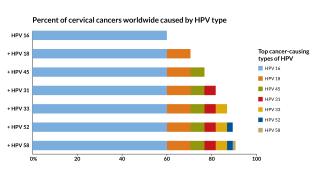 Health & Medicine
Health & MedicineNew HPV shot fends off more types of the virus
A new vaccine that covers more strains of the human papillomavirus protects better against cervical and other cancers.
By Nathan Seppa -
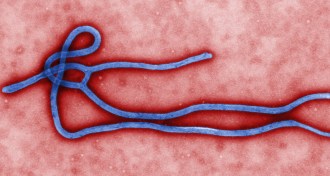 Genetics
GeneticsEbola virus evolution tracked by genetic data
Analysis of Ebola genomes shows how the virus has evolved and some of the mutations that may thwart treatments.
-
 Health & Medicine
Health & MedicineE-cigarettes may be gateway to addiction for teens
Teenagers are using e-cigarettes more than any other tobacco product and for many, it’s the first time they’ve tried a tobacco product at all.
-
 Health & Medicine
Health & MedicineStoplights are hot spots for airborne pollution
Drivers get a big chunk of their exposure to pollutants from short stops at traffic intersections.
-
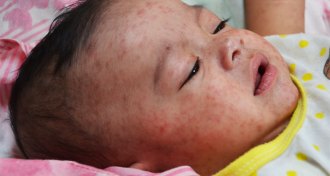 Health & Medicine
Health & MedicineU.S. measles tally for 2015 now at 121 cases
The 2014–2015 measles outbreak in the United States has now reached people in 17 states and the District of Columbia.
By Nathan Seppa -
 Health & Medicine
Health & MedicineGlowing amino acid lights up growing brain cancer
By adding a tracer compound that sticks to the amino acid glutamine, researchers may be able to discern and monitor cancerous tissues in the brain.
By Nathan Seppa -
 Psychology
PsychologyAdults with autism are left to navigate a jarring world
Researchers are beginning to study ways to help adults with autism navigate independently, get jobs and find friendship.
-
 Health & Medicine
Health & MedicineBouncing back from giving blood can take months
Taking iron supplements after donating blood can dramatically reduce the time it takes to recover iron levels in the blood, a study finds.
By Nathan Seppa -
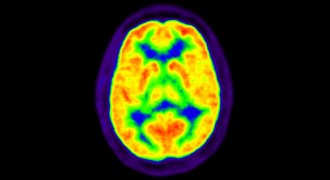 Health & Medicine
Health & MedicineFallout from nuclear bomb testing presaged today’s radioactive tracers
Scientists in 1965 measured buildup of radioactive carbon from nuclear bomb testing in people.
-
 Health & Medicine
Health & MedicineSigns of sleep debt found in the blood
When rats and people skimp on sleep, fats and acids involved in metabolism dwindle.
-
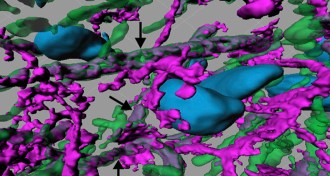 Neuroscience
NeuroscienceShots of brain cells restore learning, memory in rats
Scientists healed damage caused to rats’ brains from radiation by injecting cells that replenish the insulation on neurons.